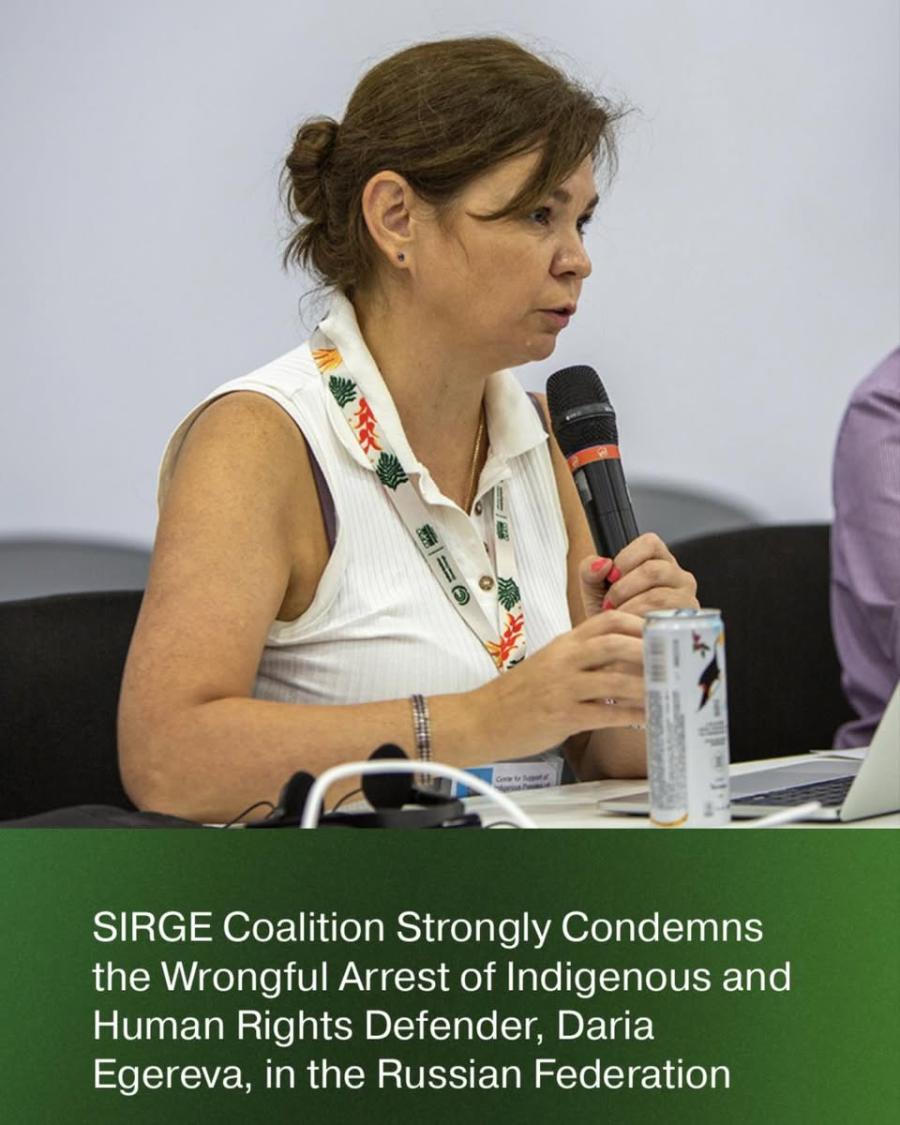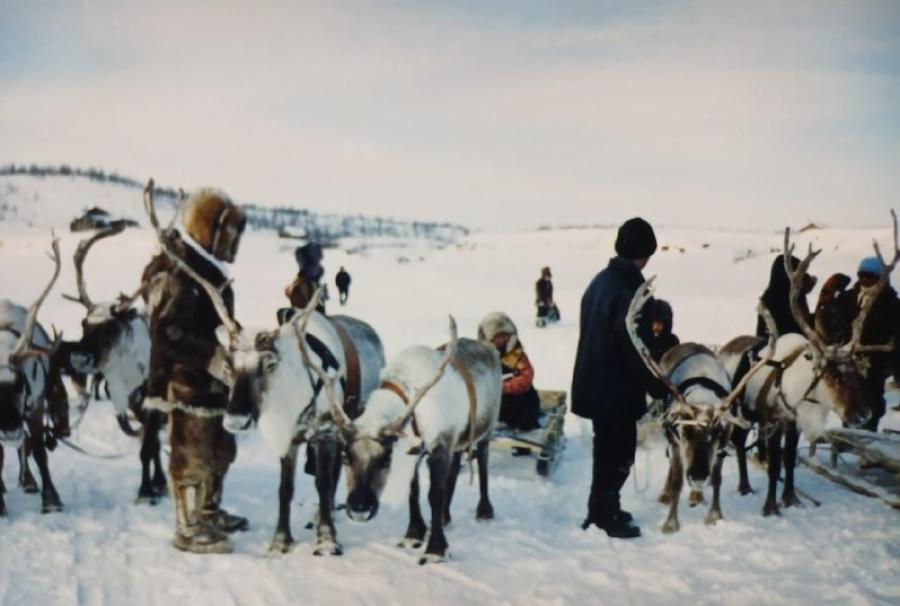Those transfixed by the 1929 ethnographic classic by Shirokogorof, Social Organization of the Northern Tungus, will be brought up to date by Fondahl's work. First of all, the Tungus are now called the Evenki, that part of Siberia has become Northern Transbaykalia, and extrinsic cultural forces have taken an increasing toll on traditional lifeways based on reindeer herding and hunting.
Seven chapters sketch Evenki land and resource use, the demise of their association to the land, the reestablishment of their link to the land, and steps for the future. Sprinkled throughout are photographs and maps to orient the reader. Between the text and the ten-page bibliography is a brief glossary and an appendix. The appendix indicates on a map the main indigenous groups-from the Saami in the northwest to the Eskimo (Inuit) and Chukchi in the northeast, in tabular form, the 26 main northern indigenous peoples of the Russian Federation are listed with their sampled populations-from 1926 (combined population of 121,512) to 1989 (population 184,448).
The pragmatic and symbolic salience of land permeates Evenki culture. Fondahl covers issues of tenure from the Tsarist era, through the Soviet period, and concludes with the present situation. Hegemonic, bureaucratic, and competing grassroots economic interests have forced the relocation and settlement of entire Evenki groups, and recent generations may be deprived of not only territory, but also of traditional expertise. In their place follow increased crime, accidents, alcohol abuse, and frustration.
All this bleak reporting notwithstanding, Fondahl does not foreclose hope for recovery. Some hope is warranted because of the wave of ethnic awareness that in some places and times coincides with facilitation from outside sources. This pattern compares with that of other `fourth world' peoples in the north, and elsewhere. An interesting similarity is the emergence of women as liaisons with the majority culture. Throughout the arctic, subsistence activities were once more egalitarian. Following contact with a dominant, sedentary society, a gendered division of labor ensued that tended to sequester women at a settlement where children would be enrolled in school, while the men's activities did not change that drastically (except in confronting interference in accessing traditional resources on the tundra). The earlier exposure of women to the language and culture of the dominant society renders them more adept in dealing forcefully with bureaucrats and economic competitors today.
Fondahl has spent a decade in ethnohistorical and finally ethnographic research in Russia. In this brief work (constrained in length and style by the series), the author successfully folds together archival work, interviews, observations, and most engagingly, composite individual histories.
Article copyright Cultural Survival, Inc.



